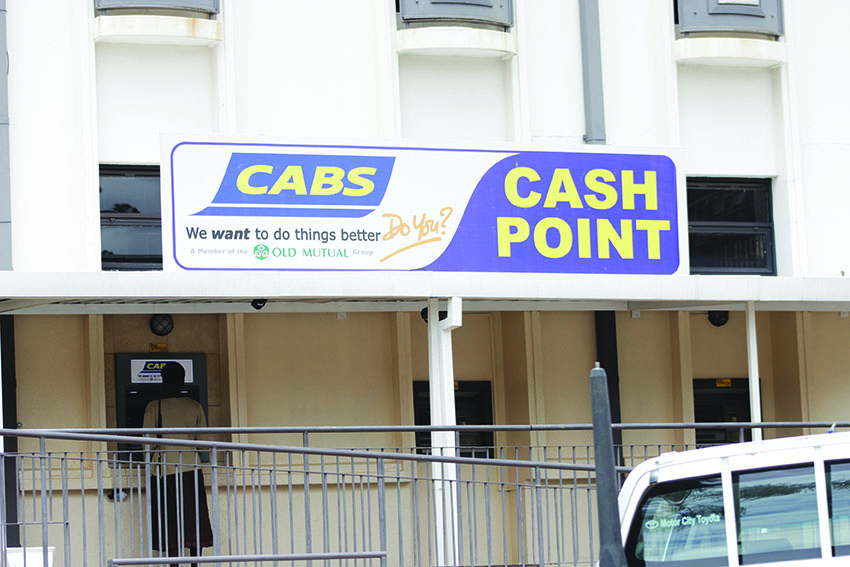
CABS has reduced by 50% the deposit payment requirement for its Budiriro houses as part of measures to encourage their purchase in the wake of poor response by prospective homeowners who have failed to raise the required deposit.
BY VICTORIA MTOMBA
CABS acting managing director Simon Hammond told Standardbusiness that as at January 16 this year 332 houses had been allocated to successful beneficiaries from a total of 2 700 units.
“The Budiriro housing project is targeted at low-income, first- time homeowners. Given the economic environment and the need to grant quality credit, it has been found that some of the targeted client base has been failing to meet the deposit obligation which was 25% of the total cost. To mitigate this, CABS has since reduced the deposit from 25% to a more favourable 10%,” Hammond said.
Initially, two-roomed CABS houses in Budiriro cost $22 000 and the deposit was $5 874, while the four-roomed houses cost $27 000 with a deposit requirement of $7 258.
Prospective homeowners had raised concern that the deposit required was out of reach for the majority of locals given the state of the economy.
Hammond said the bank would this year focus on increasing the uptake of the Budiriro housing project and to stimulate the purchase of high and low-density housing.
“At this moment we continue to engage the multilateral organisations for credit lines to augment our domestic savings pool,” Hammond said.
- Old Mutual pledges support for golf development
- Letter from America: The death of the Zimbabwe dollar! Where do we go from here?
- Inside listed companies: Listed companies stand their ground in difficult year
- Old Mutual pledges support for golf development
Keep Reading
In 2013, CABS signed a memorandum of understanding with Harare City Council to set up a $15 million housing fund that would result in the construction of 3 000 low-cost housing units.
CABS has also increased the tenure of mortgage loans to 20 years from 10 years to stimulate the provision of accommodation.
The country has a housing backlog of over 1,2 million units. According to the new economic blueprint, the Zimbabwe Agenda for Sustainable Socio-Economic transformation (Zim Asset), government plans to construct 125 000 housing units by 2018.
This would be attained through the provision of housing stands, strengthening of public private sector partnerships and recapitalisation of the National Housing and National Guarantee Fund, among others.











